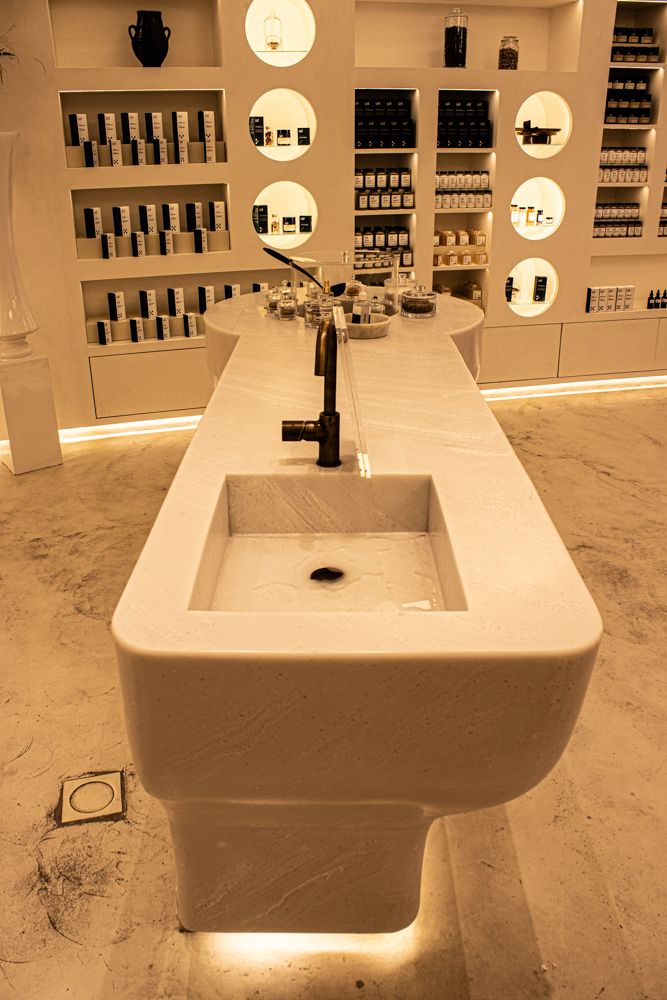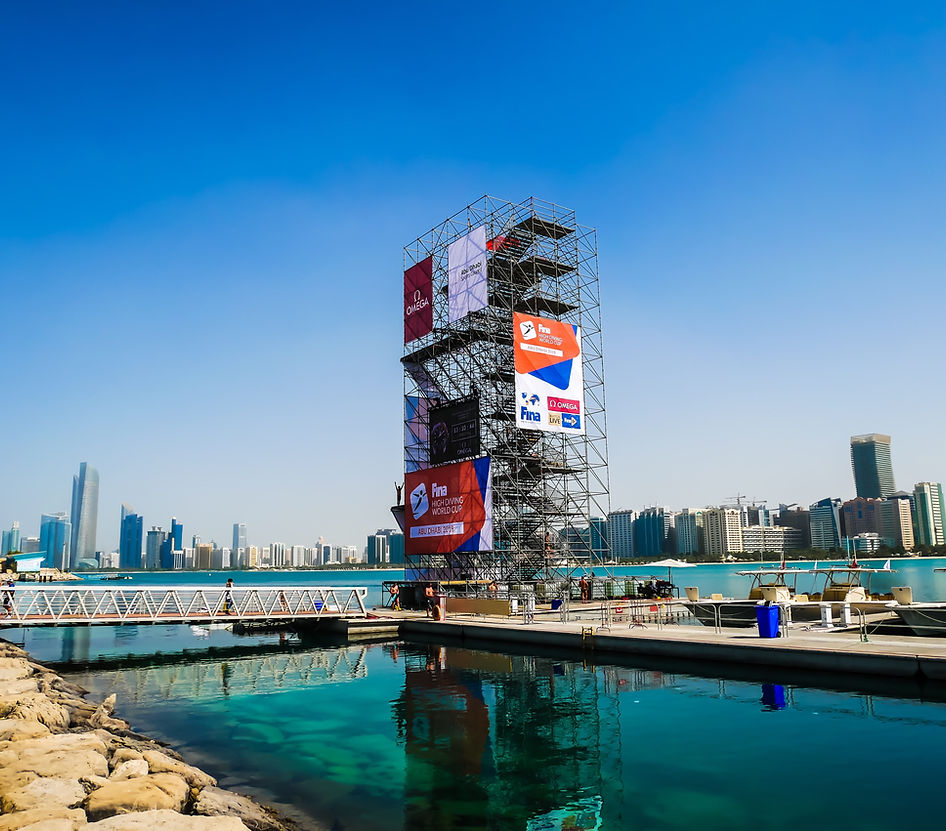
Corian is a popular brand of solid surface material used in various applications, such as countertops, sinks, and wall cladding. It is known for its versatility, durability, and aesthetic appeal. But what exactly is Corian made of? In this article, we will explore the composition of Corian and shed light on the Corian materials that make up this remarkable solid surface.
Corian is primarily composed of a blend of acrylic polymer and natural minerals. Let’s delve deeper into the specific components that contribute to the creation of Corian:
Acrylic polymer:
The base of Corian is made up of an acrylic polymer, a type of plastic formed through a chemical process. Acrylic polymers are highly durable and resistant to wear and tear, making them an excellent choice for various applications. The acrylic component provides a solid surface with strength, resilience, and resistance to impact and scratches.
Natural minerals:
Corian also contains natural minerals derived from bauxite ore, such as aluminum rehydrate. These minerals provide Corian with its unique appearance and texture. The combination of acrylic polymer and natural minerals results in a solid surface material that closely resembles the look and feel of natural stone without the drawbacks of natural stone, such as porosity and maintenance requirements.
Pigments:
Pigments are added to the Corian mixture to achieve a wide range of colors and patterns. These pigments allow for customization and give Corian diverse aesthetic options, making it suitable for different design styles and preferences. Whether you prefer a vibrant, bold hue or a subtle, neutral tone, Corian can be pigmented to match your vision.
Additives and enhancements:
Depending on the specific product and application, Corian may also contain various additives and enhancements. These additives can include materials that enhance particular properties of the solid surface, such as UV stabilizers to prevent color fading, fire retardants to increase fire resistance, or antimicrobial agents to inhibit the growth of bacteria.
The manufacturing process of Corian involves blending these components, forming a homogenous mixture. This mixture is then poured into molds and heated to cure and solidify into the desired shape. Once the solid surface material has hardened, it undergoes different processes, such as sanding, polishing, and finishing, achieving the desired appearance and texture.
 The Significance Of Certifications In Scaffolding Rental Companies
The Significance Of Certifications In Scaffolding Rental Companies  How To Choose The Right EB-5 Regional Center
How To Choose The Right EB-5 Regional Center  5 Features To Look For In Forex Trading Courses
5 Features To Look For In Forex Trading Courses  Mastering Food Photography For Commercial Success
Mastering Food Photography For Commercial Success 


